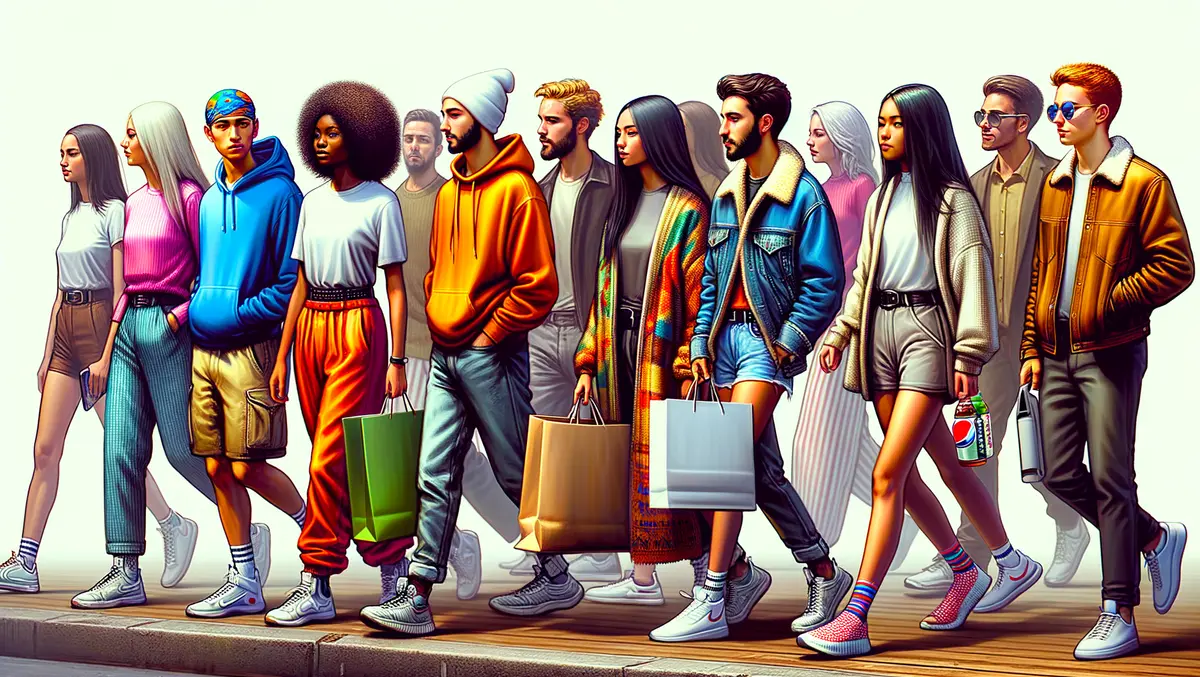
UK consumers favour comfort over fleeting fashion, survey shows
A recent report from British fashion brand Blakely Clothing reveals a strong pushback from consumers against fleeting fashion trends. Instead, the focus is shifting towards quality, timelessness, and comfort. The data for the report is built on a survey of 2,000 participants, aged between 18 and 35, from across the UK and their thoughts on fashion trends for 2024.
A significant 58% of shoppers agreed they would not be trailing the trends this year. In fact, a surprising 77% revealed their principal concern was the lifespan of their clothes rather than staying on-trend. This apparent shift is reflected in search data; searches related to comfortable clothing and athleisure wear are escalating, while online interest in fashion trends declines. Insiders claim that consumers are more concerned with obtaining quality and timelessness rather than being part of passing fashion trends.
Blakely's report, "I wouldn't wear that," raises some revealing statistics. It shows 15% fewer Google searches related to fashion trends in the UK each month now compared to five years ago. Conversely, searches for comfortable clothes have surged by 32% in the last month alone. Unsurprisingly, the ever-popular athleisure wear is maintaining growth and high demand levels.
Gareth Newman, CEO of Blakely, emphasises, "The definition of fashion is changing, where enduring quality and comfort are at the forefront of consumer demand, focusing on wellness and value for money rather than trending aesthetics."
Blakely's data shows that the least popular women's trends for 2024 were Hot Metals and Snowflake Patterns, with 64% of women opting out. For men, Animal Prints and Glitterbombed looks failed to make an impact, with 65% and 69% of men, respectively, saying they would not follow these trends. Instead, the 'Back in Black' trend, essentially dressing all in black, attracted 72% of male shoppers.
Brands and retailers might need to rethink their strategies. The key seems to lie in promoting quality, value and longevity in garments. However, social media still exerts influence. Some 60% of respondents confessed their personal style was influenced by social media trends; 71% of Northern Irish shoppers cited social media as a key influence, while in the East of England, only 44% of buyers felt moved by social media influences.
However, Gareth Newman comments, "The regional variations in how social media influences fashion choices highlight that digital trends often don't mirror actual wardrobe selections. It's becoming clear that consumers are less swayed by online fast fashion trends than we might assume."
Brands may still derive value from being featured in popular fashion titles, but a social media-centred strategy seems to be a smart move for 2024. New data provided by Blakely supports the view that quality, comfort and timelessness command consumer interest and loyalty.


